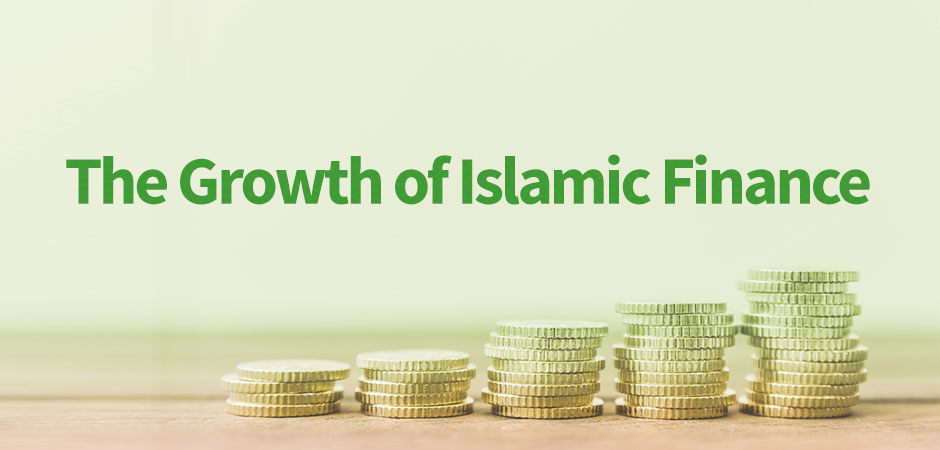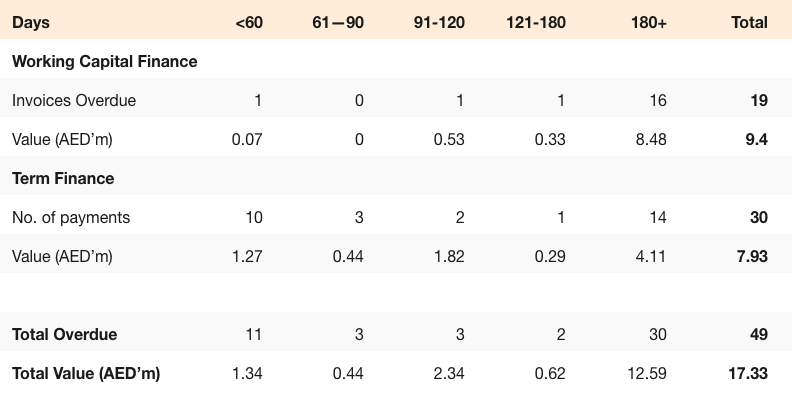No greater lesson came out of the 2008 Global Financial Crisis than the importance of managing excess and minimizing risk finance. Yet the profligacy so common is sadly still prevalent in today’s financial system. It is no wonder then that investors and institutions have prioritised financial products and services that are low on risk and high on ethical returns.
Many have seized on Islamic finance as an alternative to conventional financial services, offering ethical investing and managing risk.
Islamic finance borrows on the teachings in Sharia and involves sharing the risk of a financial product between financial institutions and the individuals who use them. The payment of interest earned on deposits, or ‘Riba’, is prohibited because it is thought to be exploitive and unproductive. To avoid it, the two parties are tied into a longer-term relationship that is supposed to shift incentives. In the case of a loan, the risk sharing means both parties own the debt being issued.
Islamic financial institutions treat their customers as partners. This creates a strong incentive for them to carefully evaluate requests for funding and helps borrowers in tough times, which minimizes the possibility of financial contagion. The Islamic financial framework also protects the balances of deposits, prevents excessive credit growth, and discourages excessive short term risk-taking by increasing the emphasis on long-term goals.
Another feature of Islamic finance is the prohibition on financial trading of products forbidden under Islamic law. This includes products related to alcohol, tobacco, non-halal meat, pornography or gambling.
Finding profits in an industry without interest to be charged and with a large segment of products forbidden may seem like a major challenge. But sharia finance experts have found solutions that embrace the ethical way while delivering value to their investors.
One example is Murabaha. In this process the borrower or purchaser agrees at the outset to pay a higher price than the property is worth today. The profit, or Murabaha, is deemed to be a reward for the risk that is assumed by financial institution providing the finance. Another example of Sharia-compliant finance is Ijara, in which banks charge a rental on money that is borrowed instead of interest.
In a decade or so Islamic finance has become a global, multi-billion dollar industry, growing an average of 20% annually between 2009 and 2013, to reach nearly 1% of global financial assets. The growth of the industry has outpaced conventional banking in recent years, and by the end of last year, the global market for Islamic finance was worth around US$1.3 trillion.
The rapid growth of the global Islamic finance highlights the remarkable demand for ethical financial products. This was made especially clear issuances of essentially Shariah-compliant bonds, or sukuks, in major financial markets such as London and Hong Kong in recent years. Both Muslim and non-Muslim investors can look to gain from these lower-risk Islamic financial instruments as a clear alternative to traditional financial products and services.
Despite the growth of the industry, however, it is still underdeveloped with regard to mortgages, mutual insurance, hire-purchase and microfinance. Improvements also need to be made to the industry’s bankruptcy and insolvency proceedings, as well as to the mechanisms for dealing with defaults on Islamic bonds.
The Islamic finance industry also faces new challenges to its growth. The sector’s return on assets has fallen in recent years amid tougher competition from conventional peers, as well as to a contraction in net interest margins. Traditional lenders have benefited from their ability to leverage technology to gain access to critical infrastructure, keeping their cost-to-income ratios low. As a far more specialized sector, the Islamic finance industry must invest more into research and development to customize a wide range of financial products to make them Sharia-compliant.
The continued success and growth of the Islamic finance industry will ultimately depend on the ability of financial institutions’ to adapt new financial products and concepts in line with Sharia law. Continued innovation will be driven by an increased global demand for a more ethical, lower-risk financial model, from an industry estimated to range from $1.66 trillion to $2.1 trillion, with expectations of market size to grow to $3.4 trillion by the end of 2018.
Beehive, the UAE’s first online marketplace for peer-to-peer (P2P) finance, for one, has developed a sharia-compliant P2P finance platform that allows Islamic investors to take full advantage of the opportunities P2P finance has to offer, while providing complete confidence that their ethical values are respected and adhered to.
Sharia-compliant finance requests on Beehive are processed under a ‘Commodity Murabaha’ structure, using the award-winning ‘DMCC Tradeflow’ platform operated by the UAE-based Dubai Multi Commodities Centre. The Beehive platform was certificated as Sharia-compliant by the Shariya Review Bureau (SRB) in September, making Beehive the first P2P platform in the world to independently confirm its processes are compliant with Sharia principles.
Innovative products like this support Dubai’s vision of becoming the capital of the global Islamic Economy by 2016. The main pillar of the strategy is focused on developing the Emirates’ Islamic banking and finance sector by expanding its customer base and by introducing new innovative financial instruments that comply with contemporary needs and do not conflict with the principles of Islamic sharia law.
Source: Business Insight




